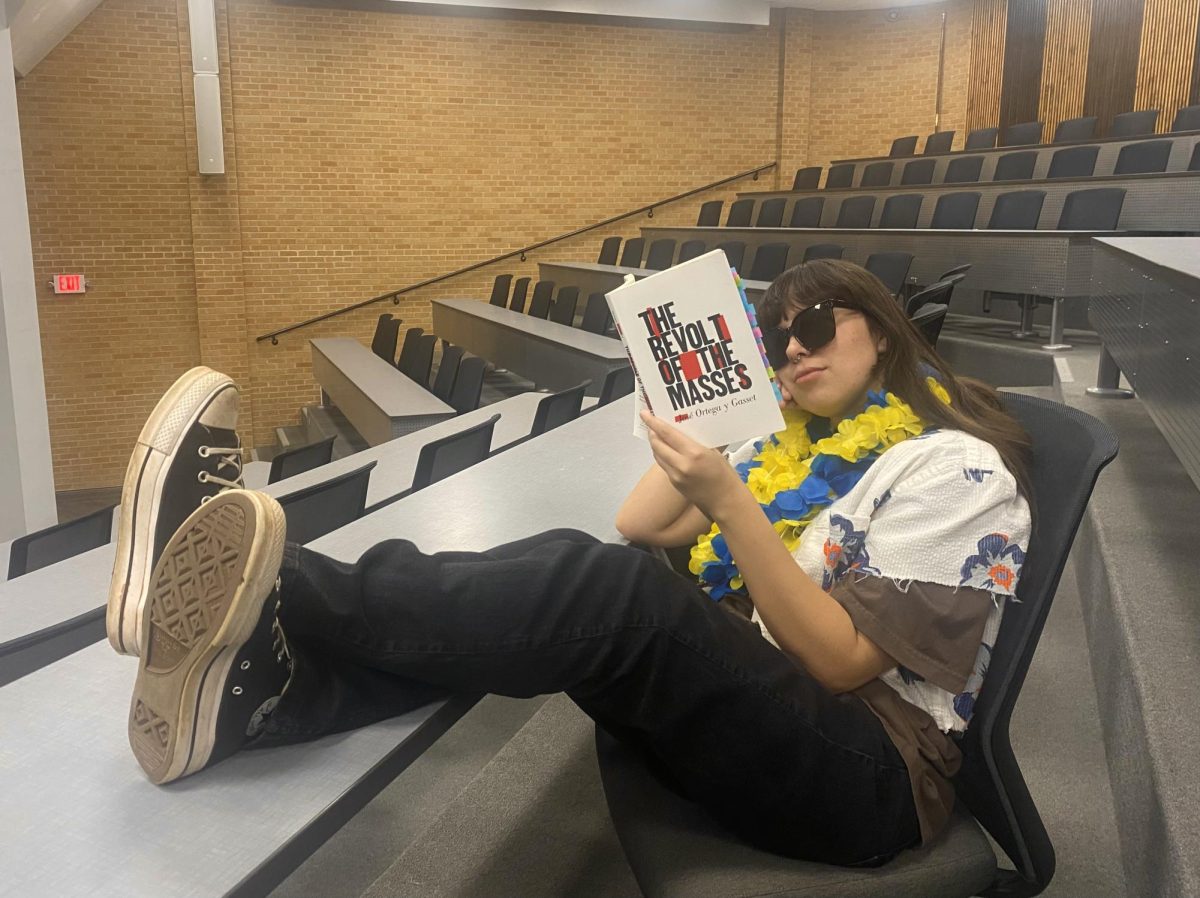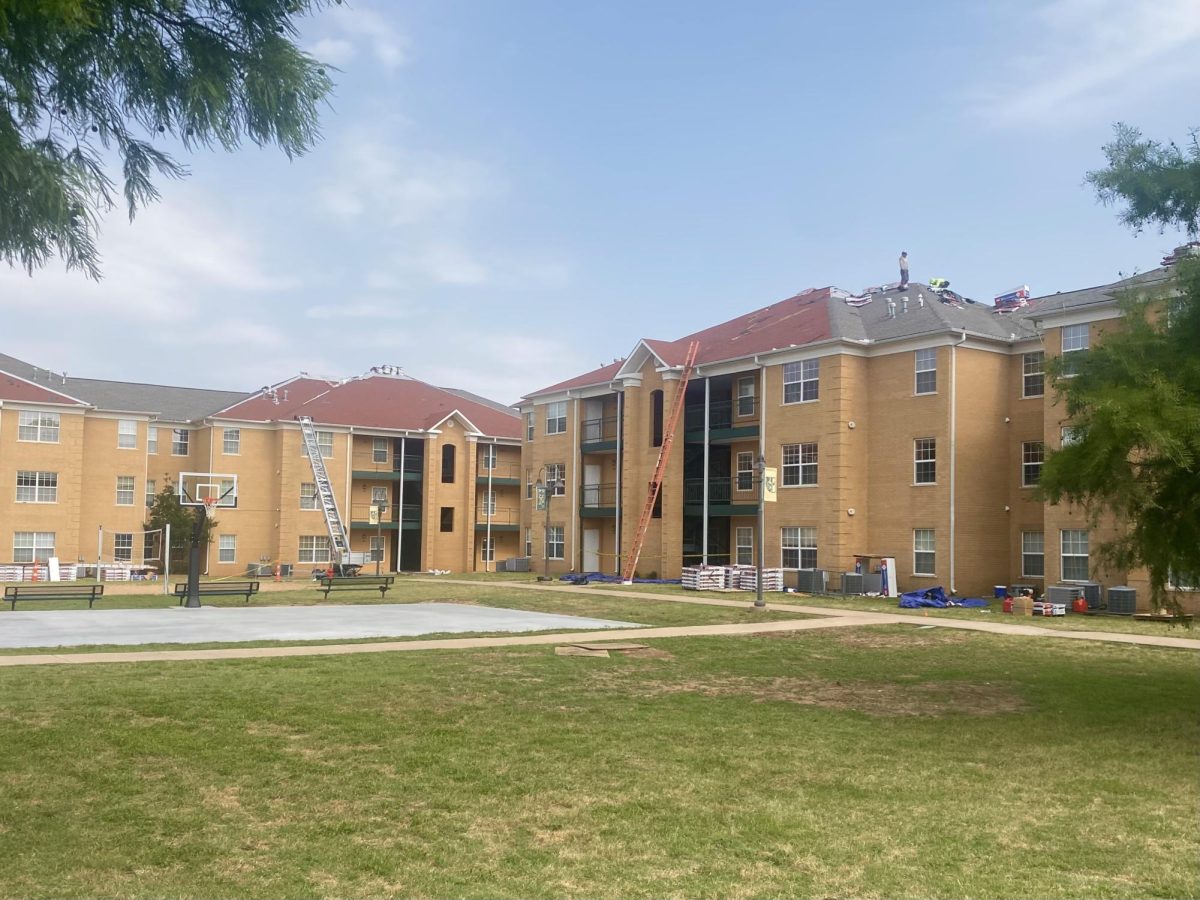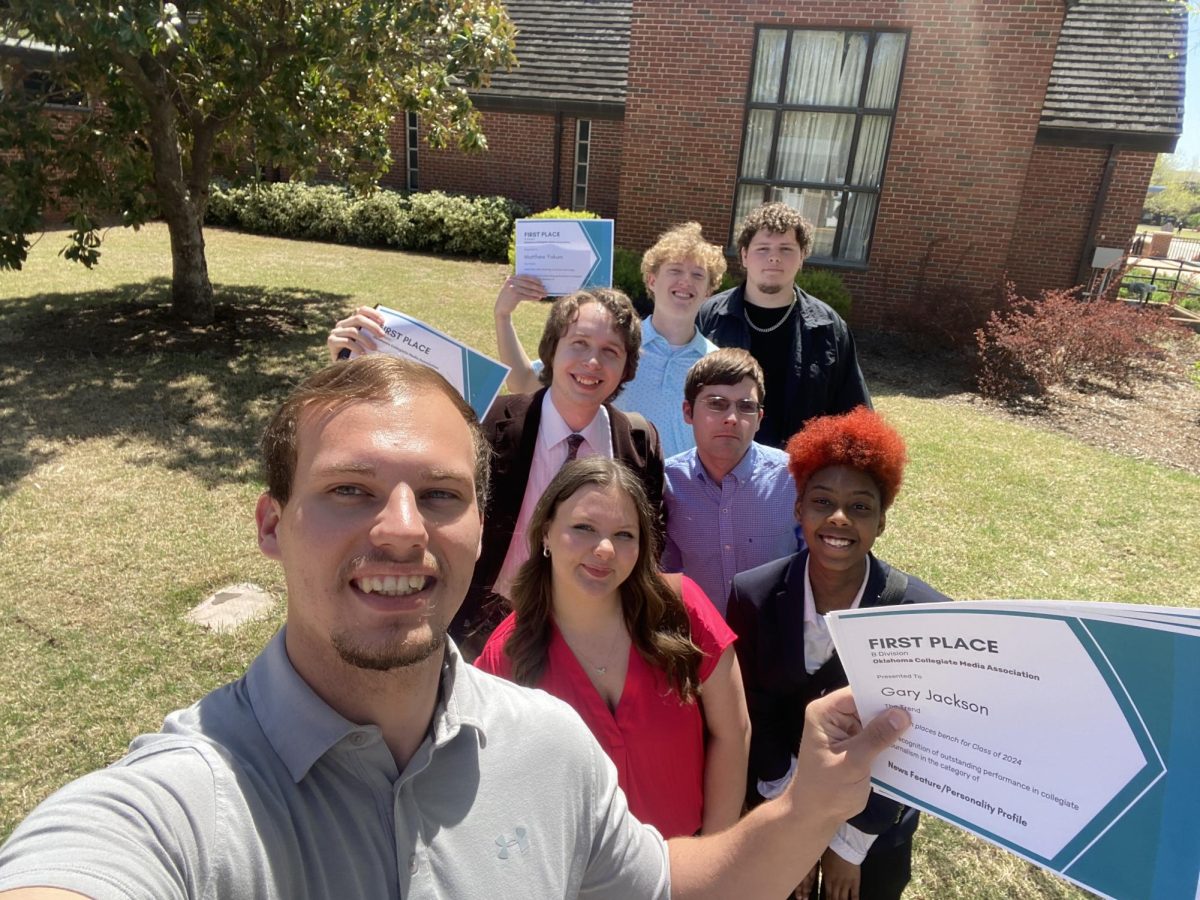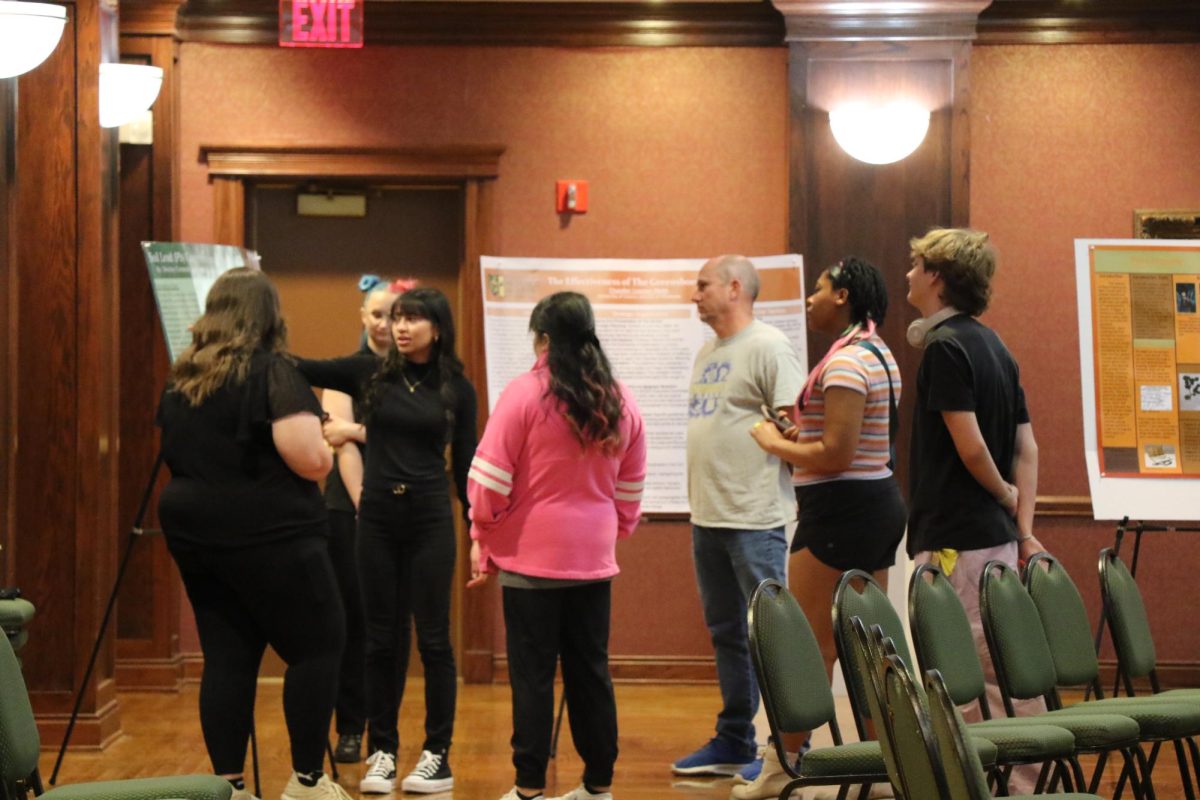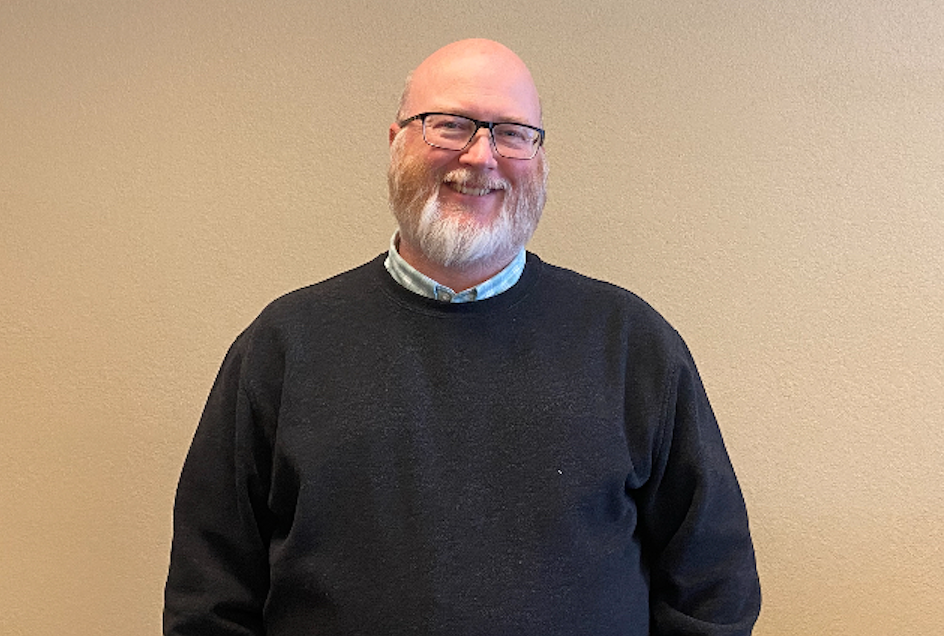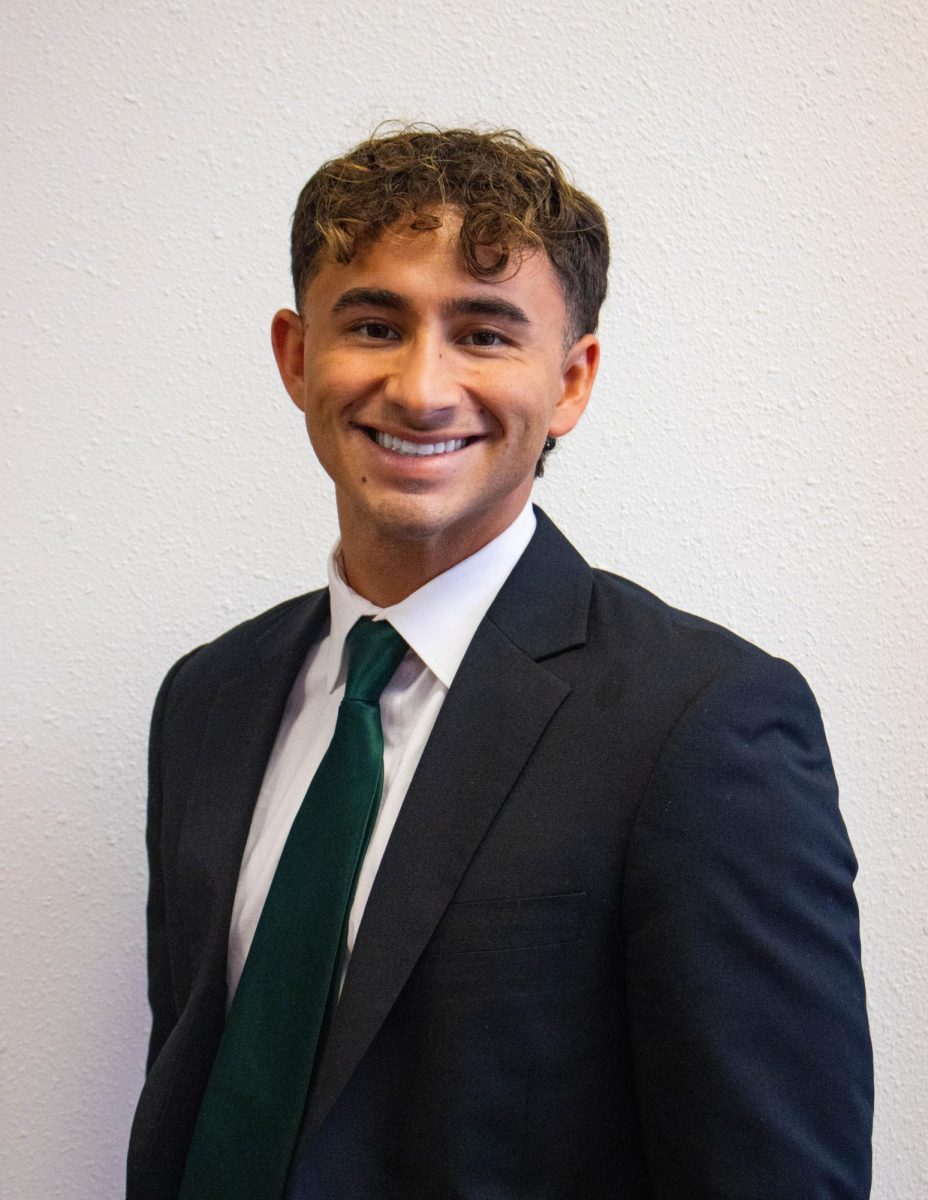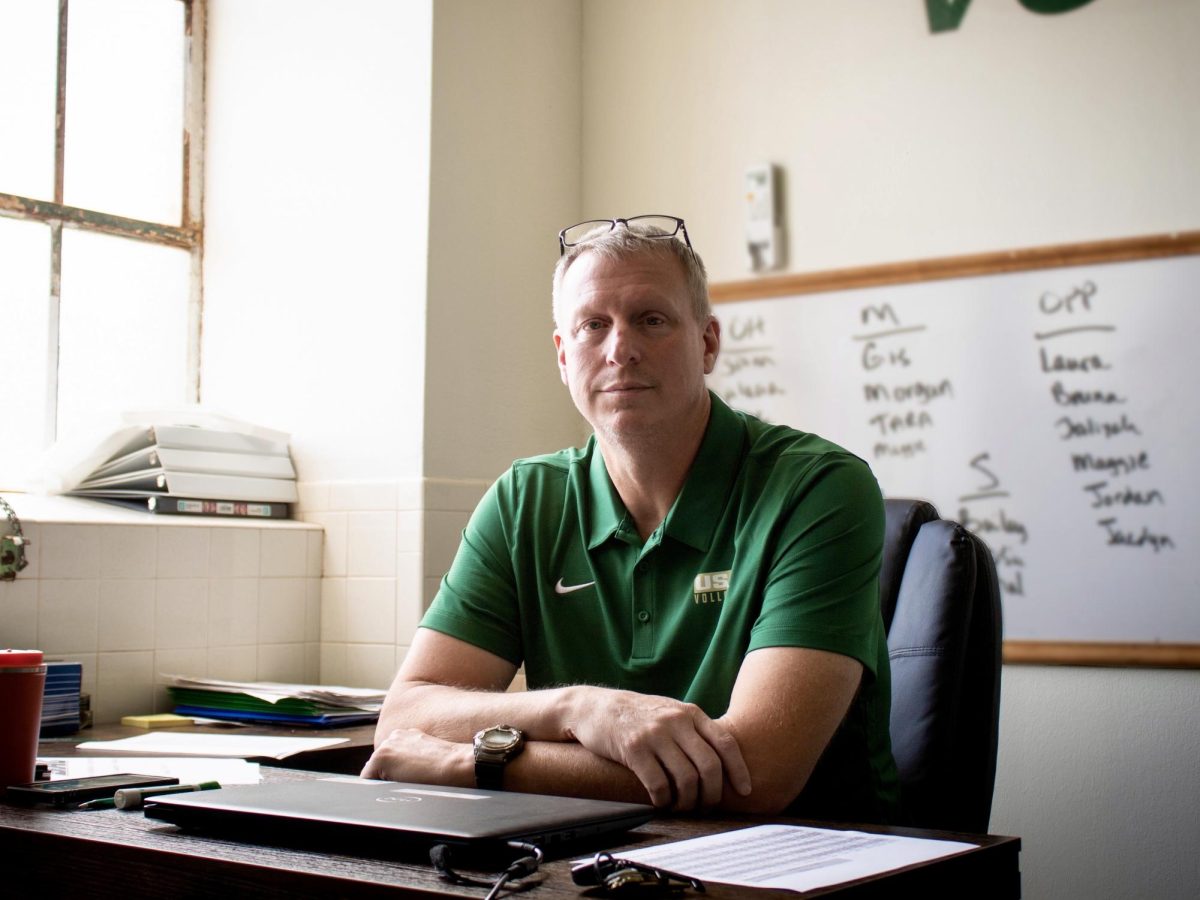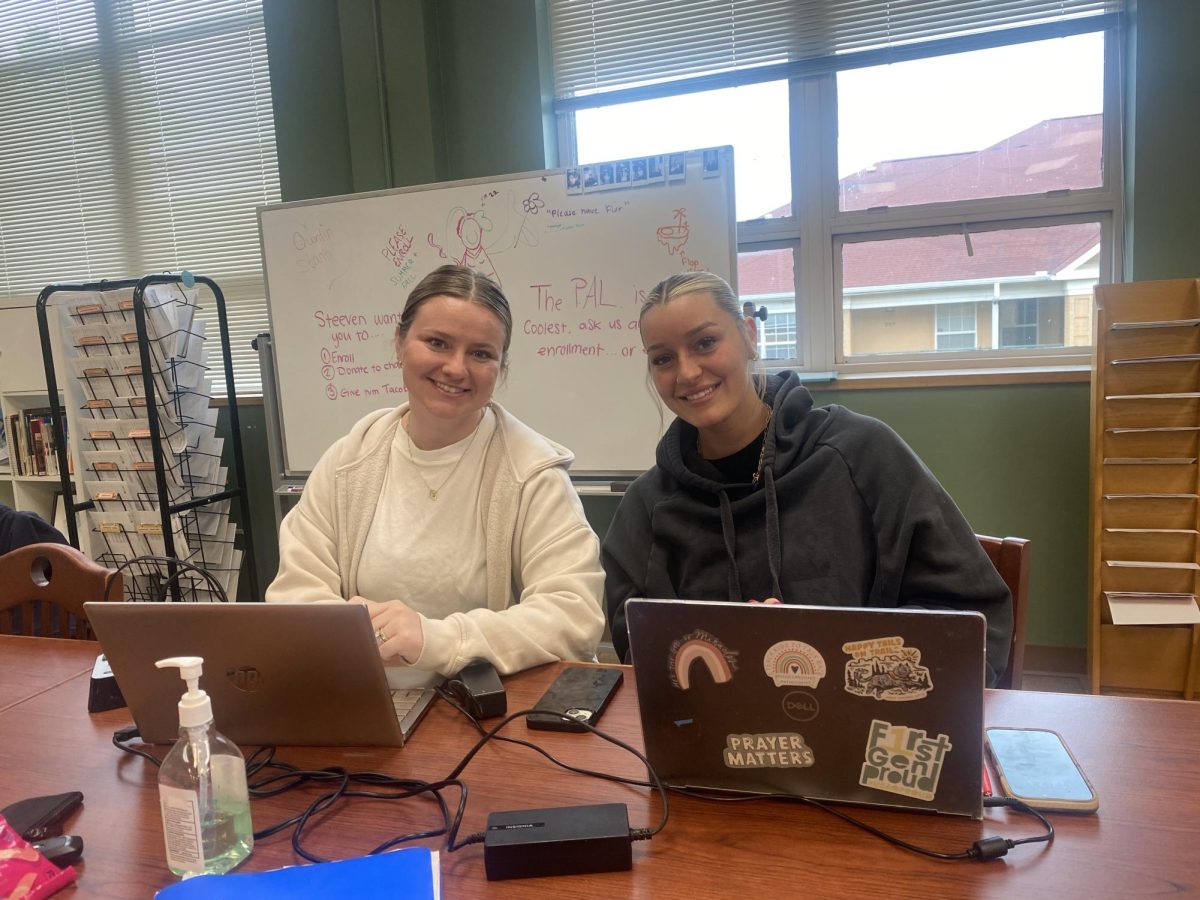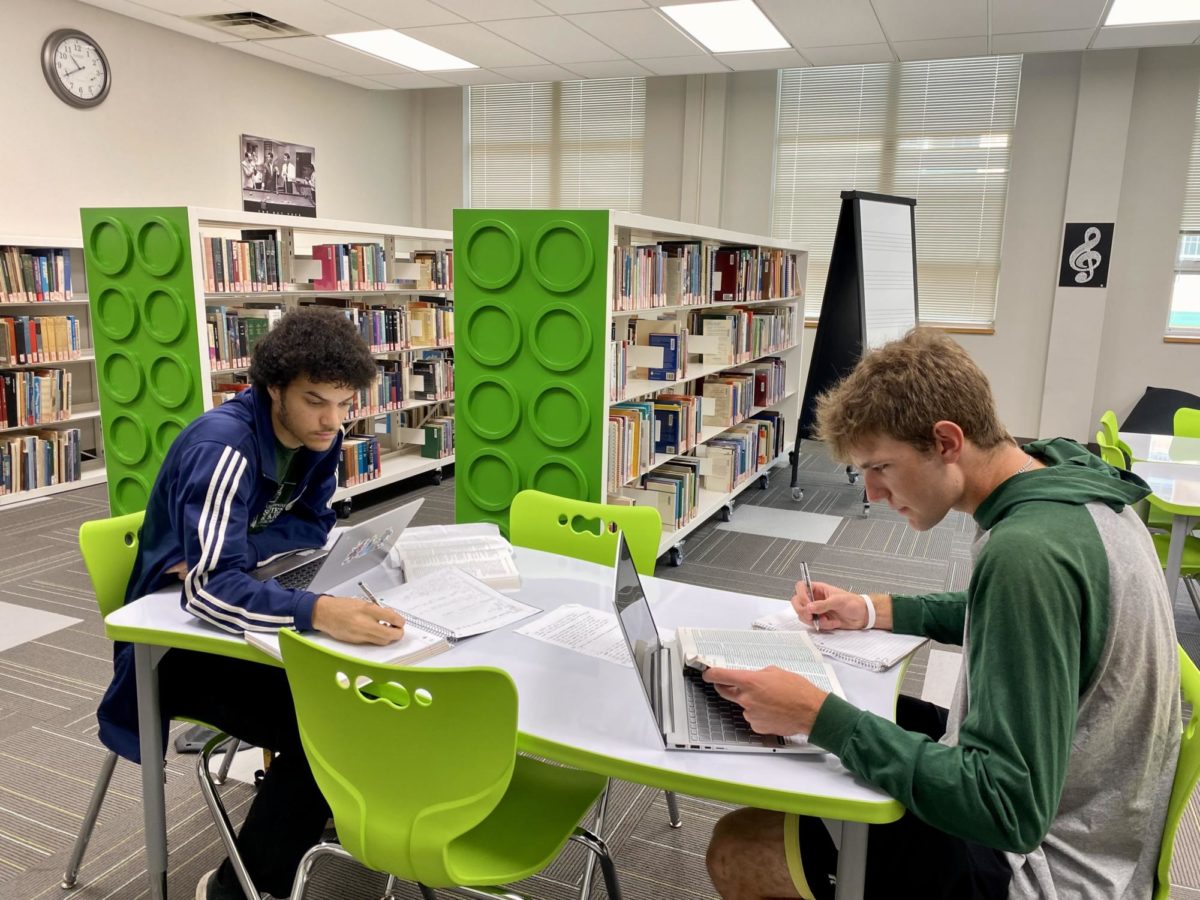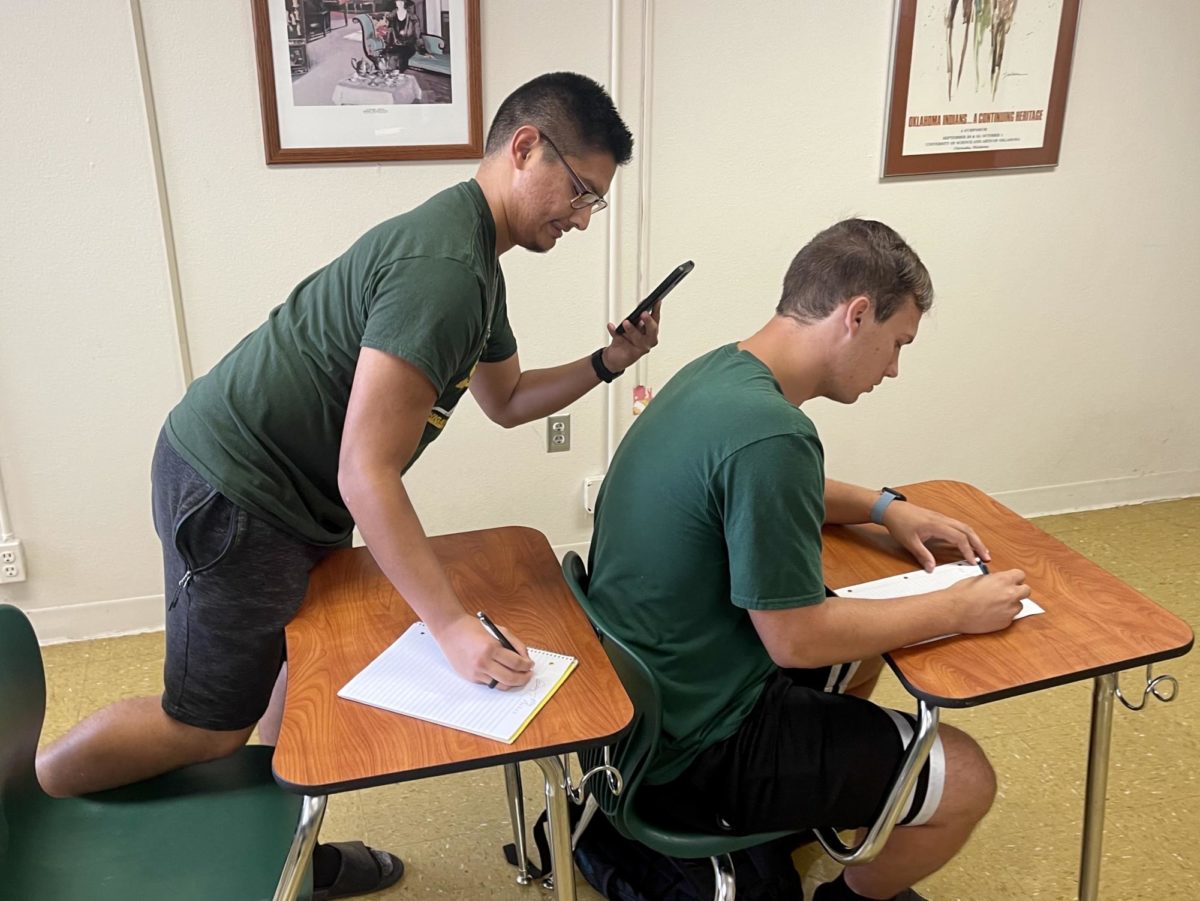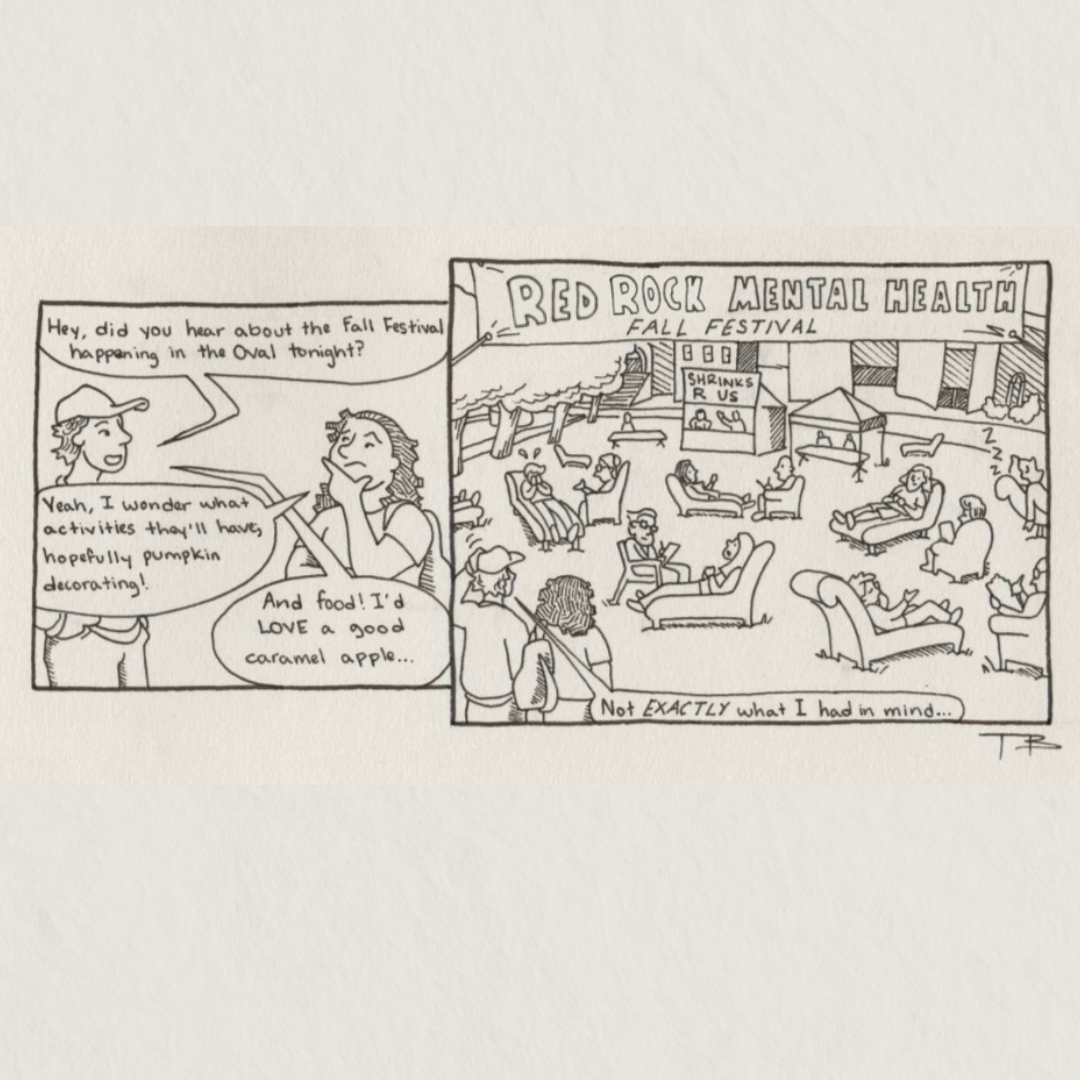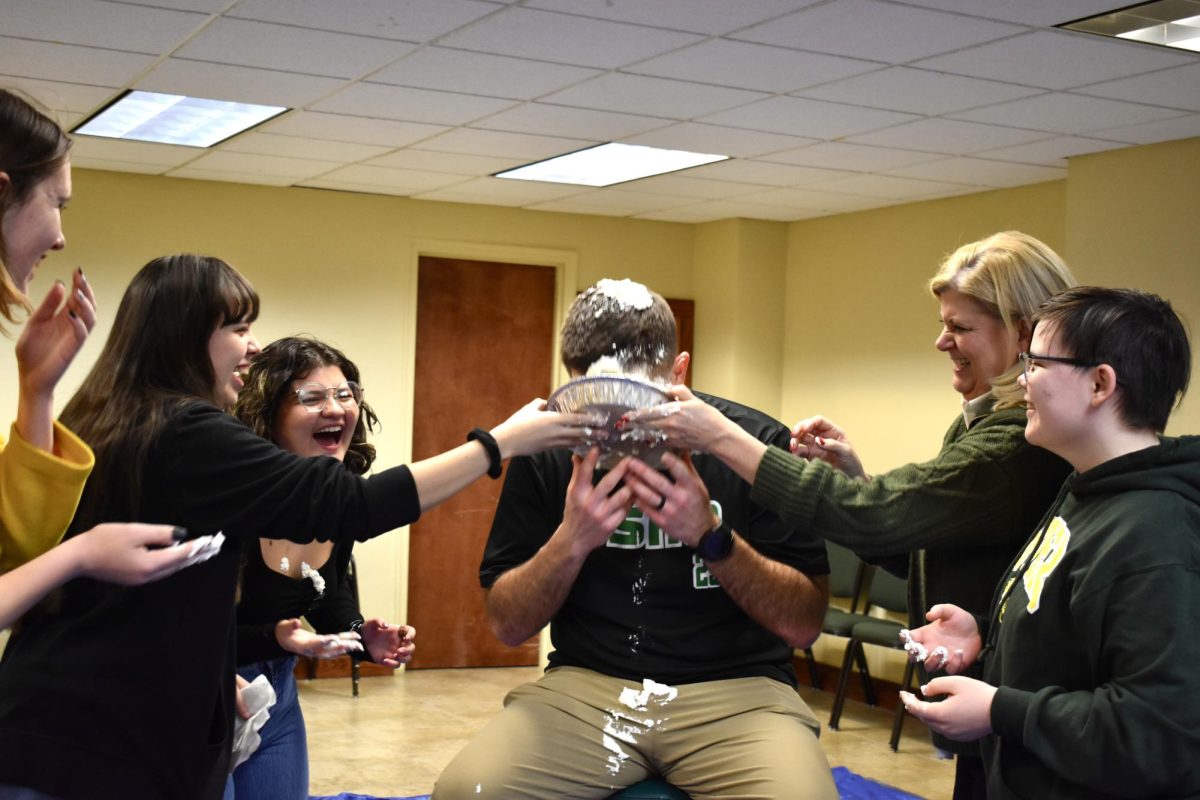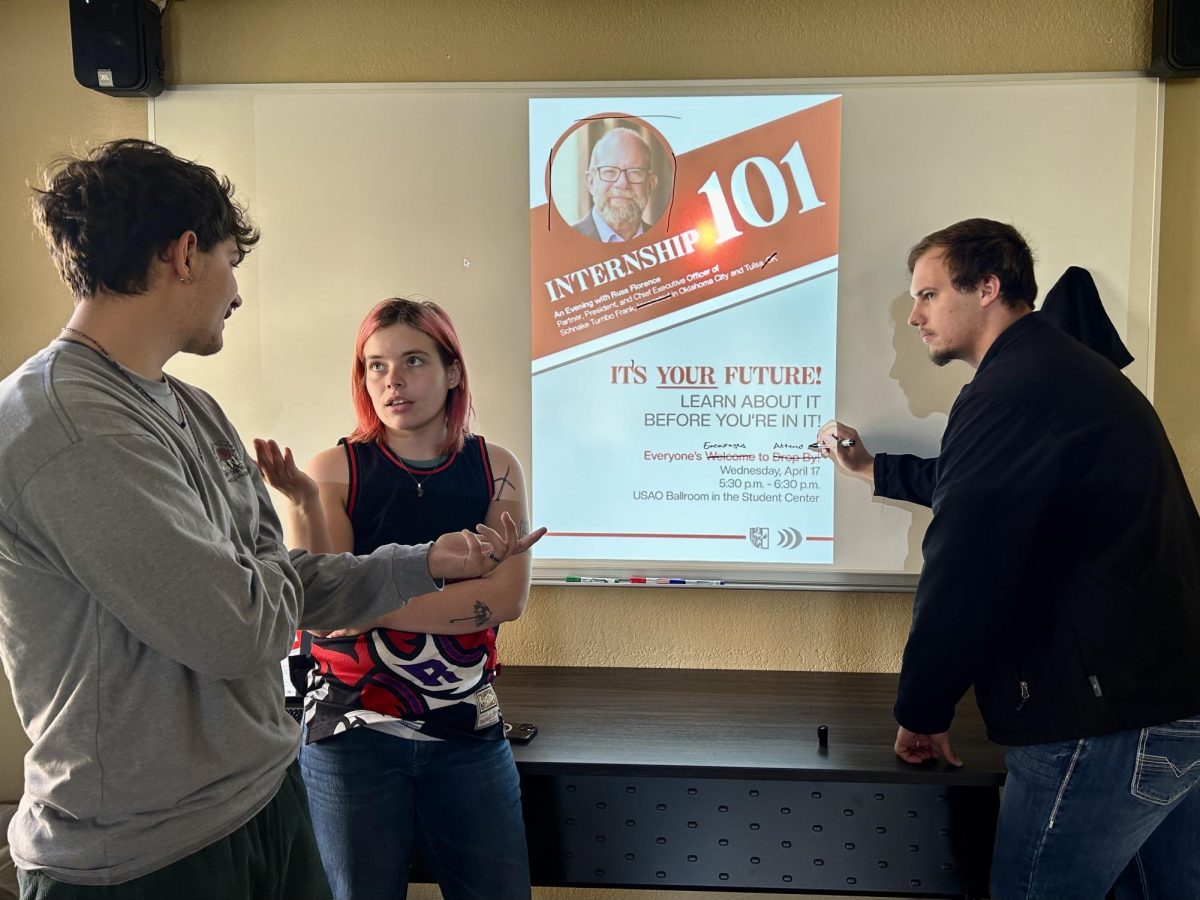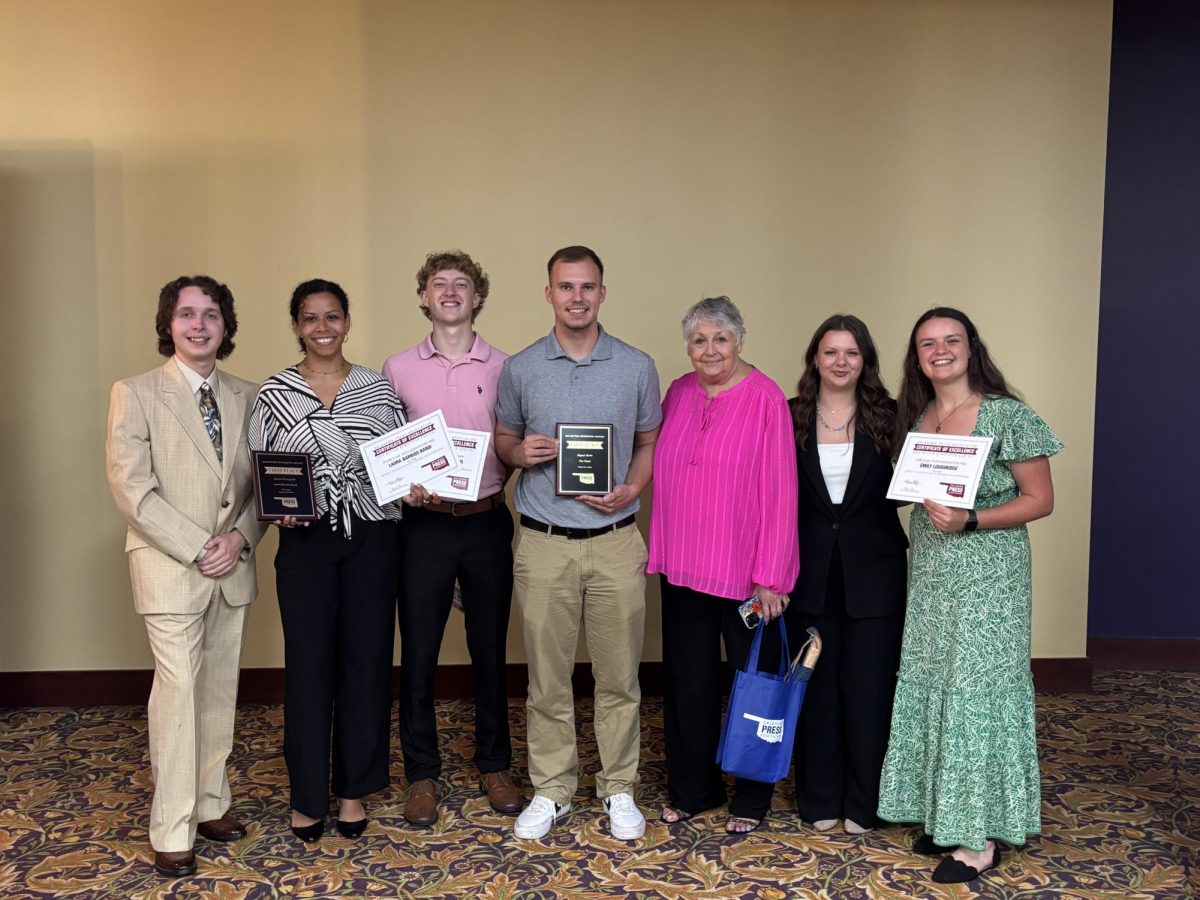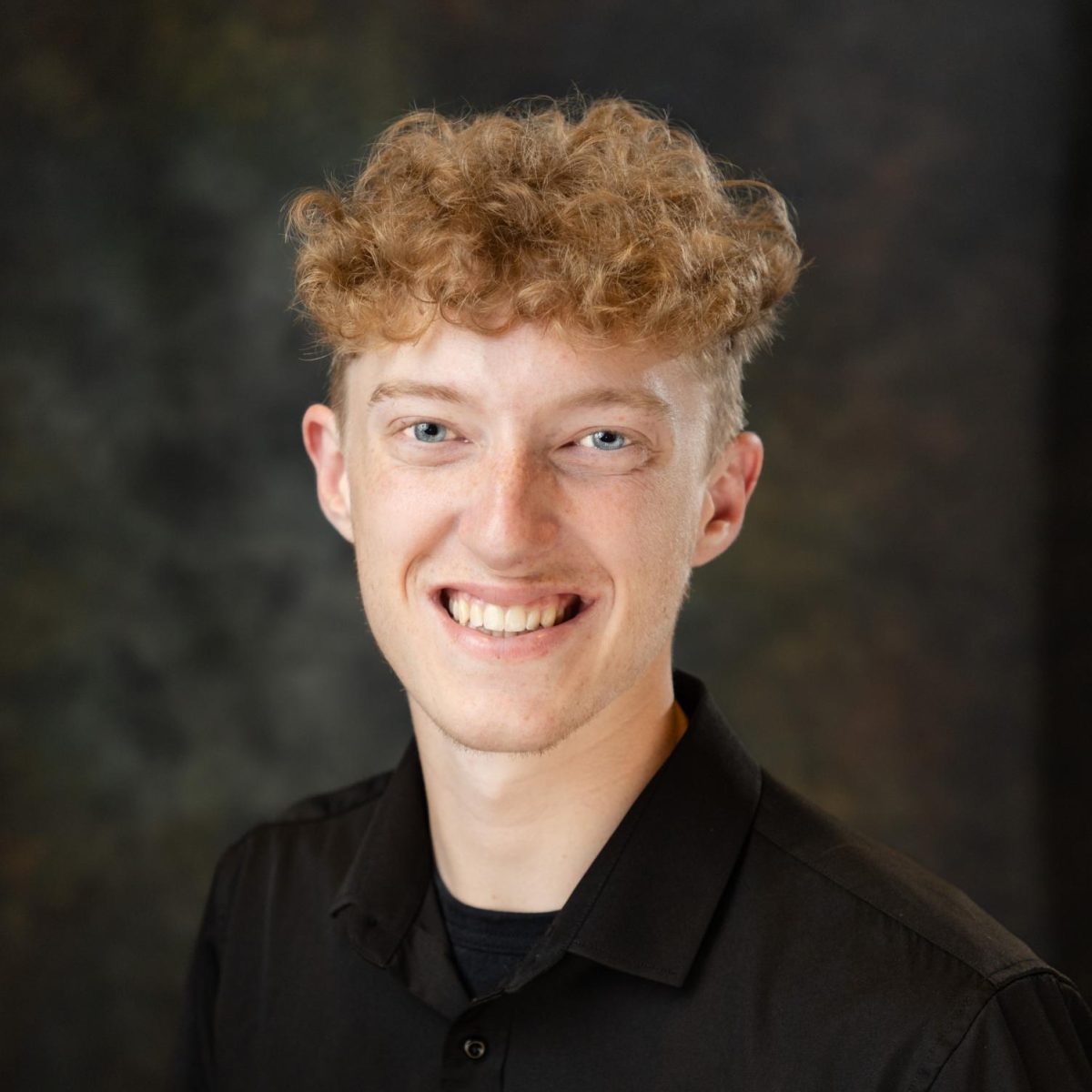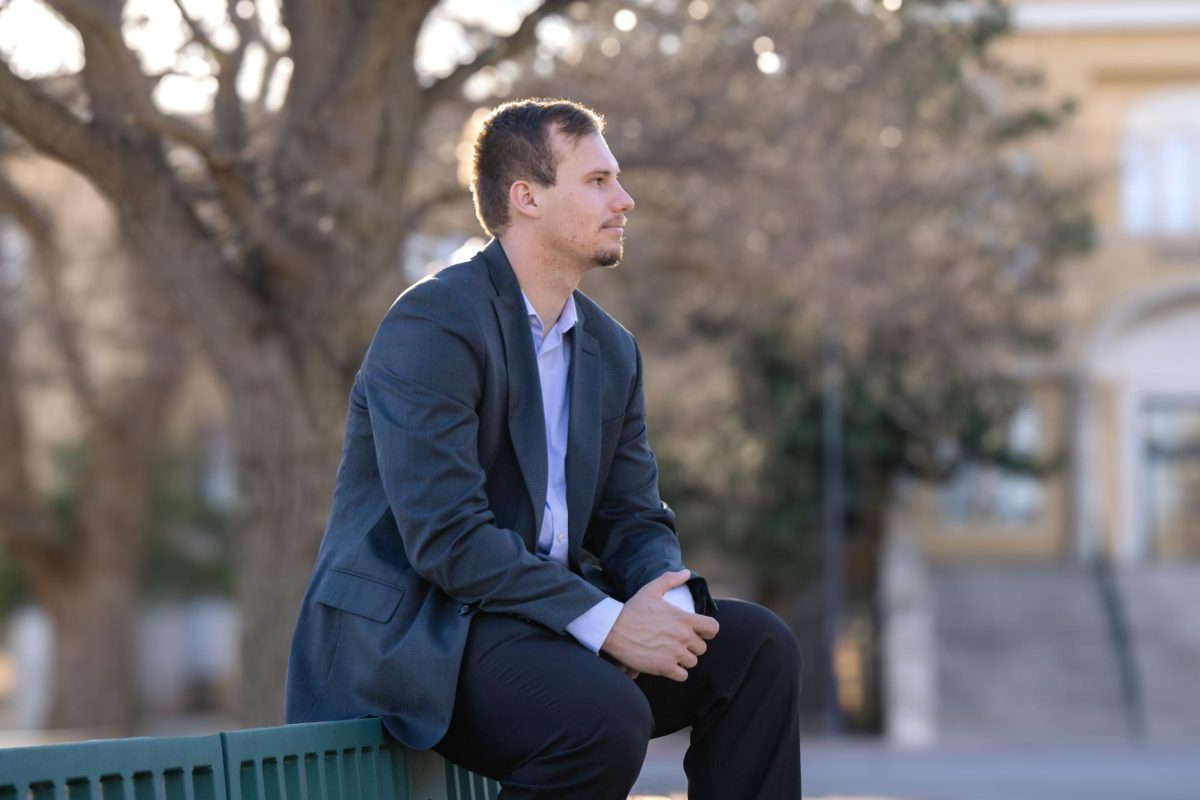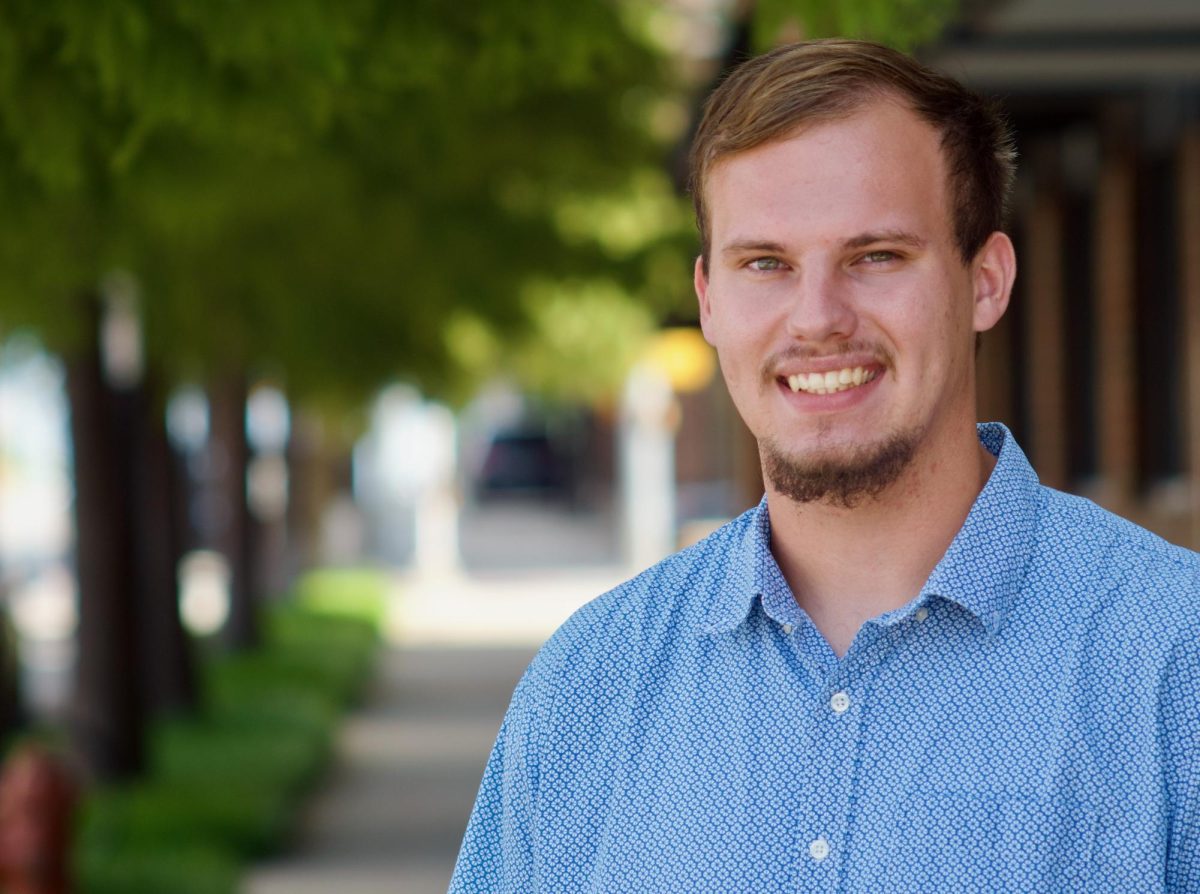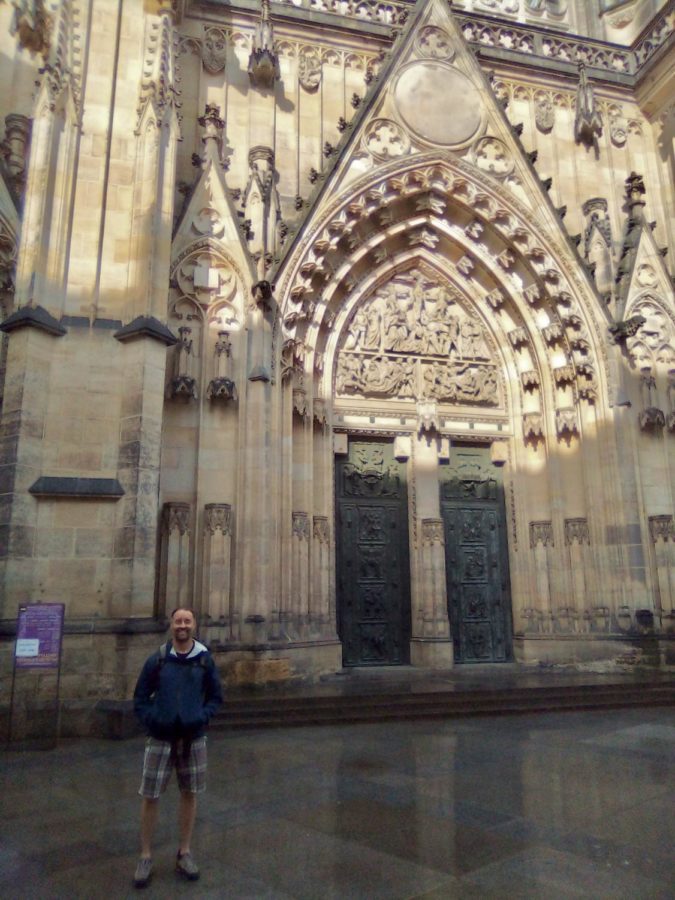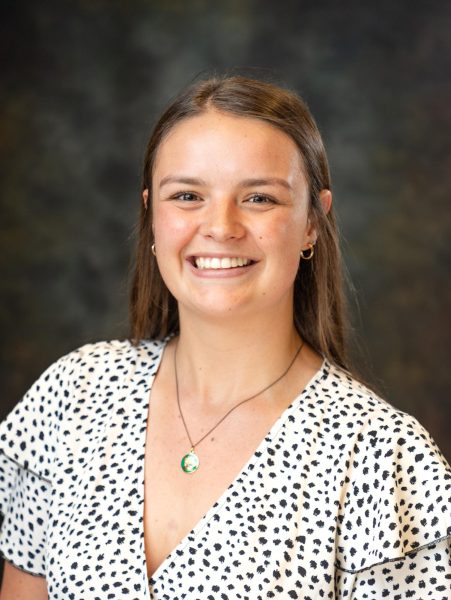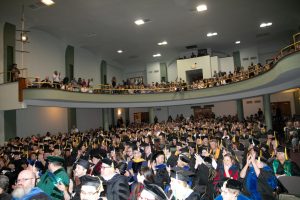Simpson Discusses ‘Island Narratives’ at German Conference
July 7, 2023
Dr. Zach Simpson, professor of Philosophy and Religious Studies, presented his paper titled “Individuality as Seen in Western Island Narratives” at the “Borders and Boundaries” conference in Berlin, Germany. Dr. Simpson and his wife spent eight days exploring Germany throughout the conference before spending a few days in Prague to round out the trip.
The conference, sponsored by Catholic University and the Institute for American Religious and Philosophical Thought, caught Dr. Simpson’s eye as he thought it would be a natural place to present his work, which is on “island narratives” in literature and philosophy.
To be admitted into the conference, Dr. Simpson was required to prepare a short version of his paper to submit to the conference. The paper was then sent through a peer review process before being selected. Dr. Simpson’s paper, alongside others, will be published in an edited volume of works that came out of the conference.
“In this particular paper, I’m looking at how, in the ancient world, religious folks would live on islands to be closer to God. But now, in the modern world we all want to be alone. We’re all potential island-dwellers, in a sense, living separate and isolated from one another. But we’re no longer aiming for God. Instead, we’re freeing ourselves,” Dr. Simpson said on his interest in what this shift means for humanity.
He continued to say that he is not sure if his paper will impact people – that so much writing is put into the world in hopes that it will encourage people to think about things. He said he hopes that people think deeply about humanity’s independence and if it helpful for humanity and what it wants to be.
“As I’ve grown as a scholar, I’ve realized that my work has a unity to it, namely: what does it mean to be modern, and how do we live as modern people,” Dr. Simpson said.
Dr. Simpson said his first book looked at “how do we live” while his second book looked at “how do we believe” in the modern world. His new question asks how did humanity become so highly individual and what does it mean.
His thoughts continued as he said humanity enjoys times apart from others – that humanity does not want to be restrained or bothered by others; For thousands of years, humans lived in family units and extended communities, yet that is often no longer seen said Dr. Simpson. The change in humanity is because humanity has the means and opportunities to survive outside of the family unit.
“I think the question of ‘is it right?’ is, for me, not the most important question. Rather, if we do live alone, what does it mean? If we want to occupy our own islands, what are we leaning into? What are we turning away from,” Dr. Simpson asked. “Because, just as there are lone island narratives, there are also communal island narratives – utopias. Why are we turning towards the individual island model, and away from the communal one?”
He finished the thought by saying the questions alter how we think about collective problems, ideal living, and fulfillment for modern humanity.
After Dr. Simpson finished presenting his work, he and his wife explored the city, which he said was filled with great museums, lovely walking streets, and kind people. The pair explored the German countryside and made their way to Prague, in which Dr. Simpson said was filled with great churches, museums, and history.
“We then went to the German countryside, where my wife and I explored old German trees that you dance inside of – they’re called tanzlinden and they’re really extraordinary places for folk dance,” Dr. Simpson said.
Find more information on Dr. Simpson’s research and paper by clicking here.
Emily Loughridge is a third-year Communication major at the University of Science and Arts of Oklahoma.

